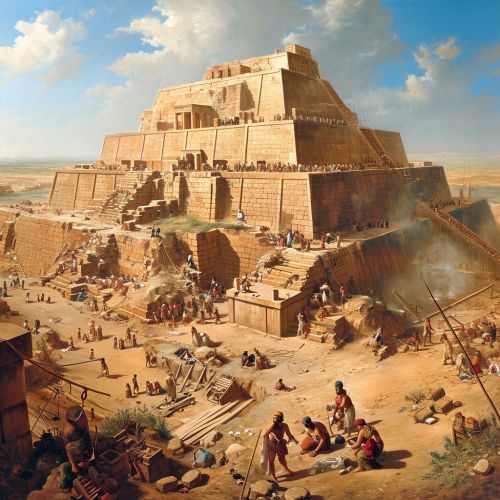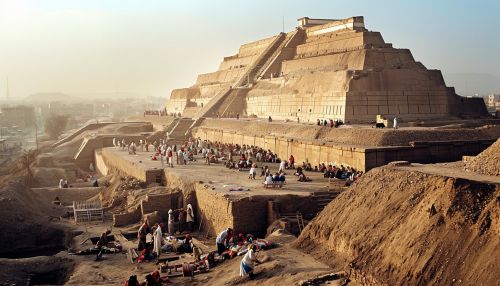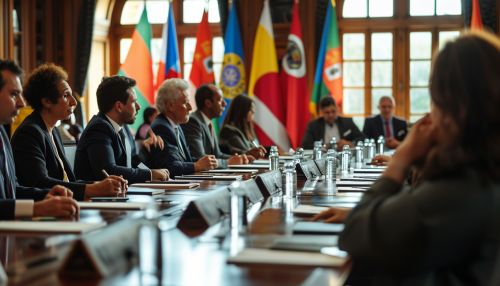Political history of the world
Origins of Political Systems
The political history of the world is a vast and complex subject, tracing the development of governance structures and political ideologies over millennia. From the earliest civilizations to the modern era, political systems have shaped societies and influenced the course of history.
The earliest known political systems emerged in the ancient civilizations of Mesopotamia, Egypt, India, and China. These were typically monarchies, where a single ruler held absolute power, often justified by divine right or hereditary lineage. The rulers were responsible for maintaining law and order, administering justice, and ensuring the welfare of their subjects.


Ancient Political Thought
The ancient Greeks made significant contributions to political thought, with philosophers such as Plato and Aristotle laying the foundations for Western political philosophy. Plato's The Republic proposed the idea of a philosopher-king, while Aristotle's Politics examined various forms of government and proposed a mixed system as the best.
In the East, ancient Indian and Chinese political thought also developed sophisticated theories of governance. The Indian text Arthashastra outlined principles of statecraft, while Confucianism and Legalism in China emphasized moral leadership and strict law enforcement, respectively.
Development of Democracy
The concept of democracy originated in ancient Athens, where citizens had the right to participate directly in decision-making. However, this was a limited form of democracy, as only free adult male citizens were allowed to vote.
Over centuries, the concept of democracy evolved and expanded. The Magna Carta in 1215 and the Glorious Revolution of 1688 in England established the principle of limited monarchy and the supremacy of law. The American Revolution and the French Revolution in the late 18th century further advanced democratic ideals, emphasizing individual rights and popular sovereignty.
Modern Political Systems
The 19th and 20th centuries saw the emergence of modern political ideologies such as liberalism, conservatism, socialism, and fascism. These ideologies have shaped the political landscape of the modern world, influencing the formation of political parties and the conduct of politics.
In the 20th century, the world witnessed the rise and fall of totalitarian regimes in Nazi Germany and Soviet Russia. The end of the Cold War marked a significant shift in global politics, with liberal democracy becoming the predominant political system in many parts of the world.


Challenges and Future Trends
In the 21st century, political systems worldwide face numerous challenges, including economic inequality, political corruption, and the rise of populist movements. The impact of technology on politics is also a significant issue, with the advent of social media and digital platforms transforming political communication and participation.
The future of political systems is uncertain, with ongoing debates about the viability and desirability of various forms of governance. However, the study of political history provides valuable insights into the dynamics of power and governance, informing our understanding of contemporary politics and guiding future political developments.
